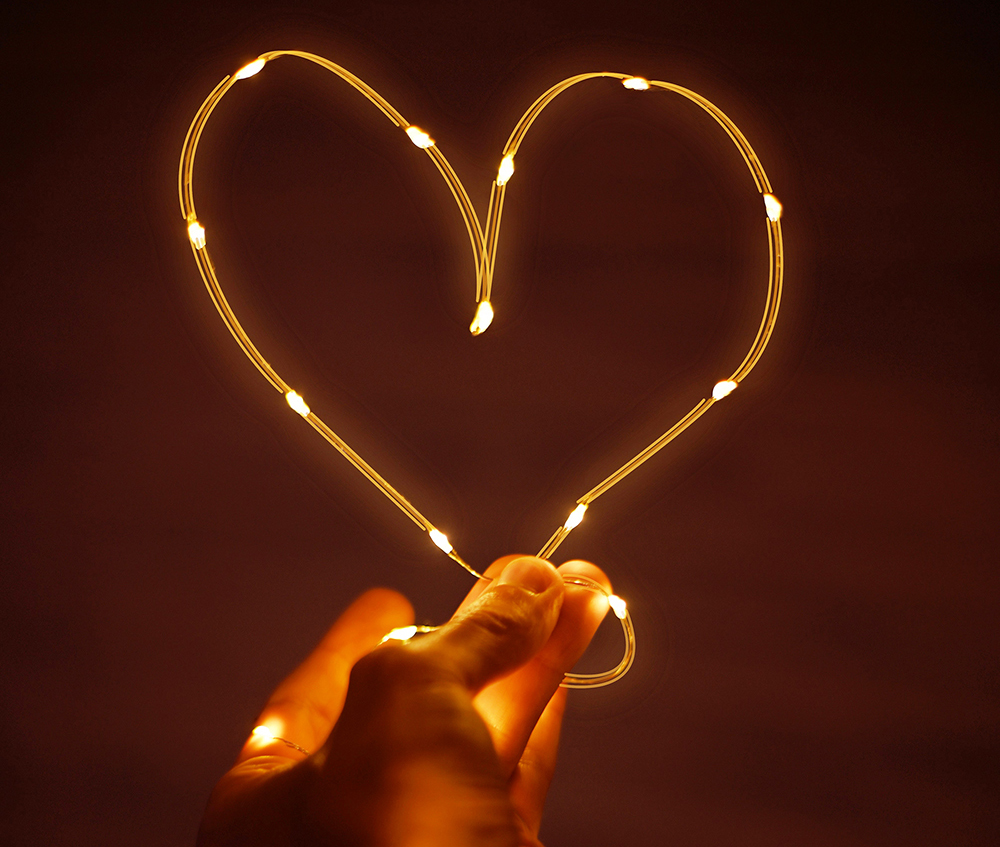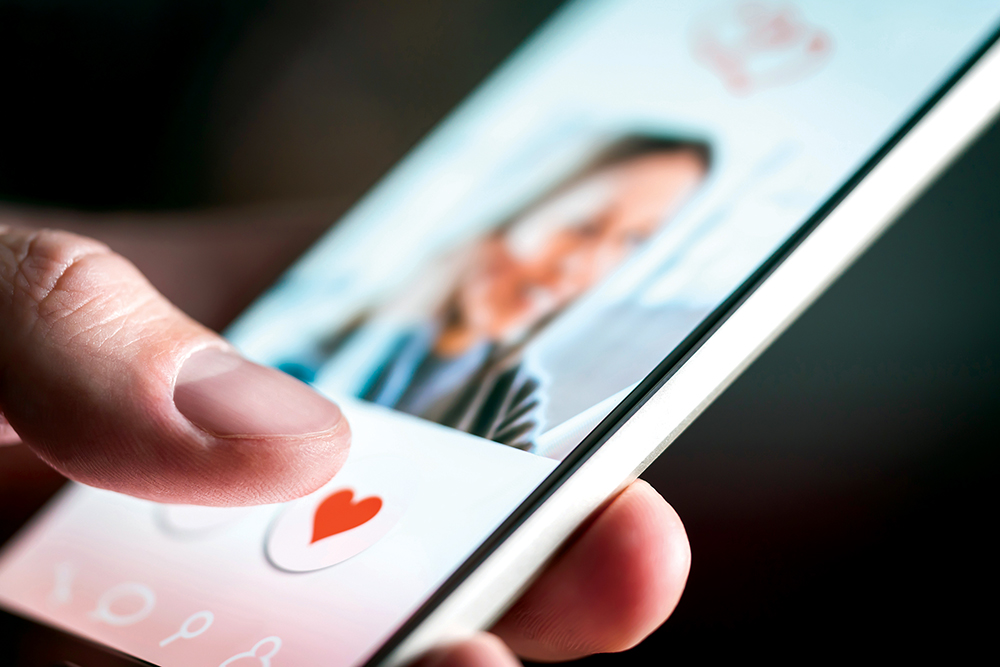February is the month we associate the most with love and romance thanks to Valentine’s Day.
Regardless of the history of Valentine’s Day — or how you feel about the holiday — it is not a bad thing to be reminded of love this time of year. We have finally settled back into our normal routines after the holidays, which could be a bit of a letdown. Taking a bit of an emotional break in mid-February to celebrate love in any of its forms can help break up the monotony.
There is nothing wrong with wanting to attract love and manifest it in your life. Everyone deserves to find a loving partner if that’s what they want. Maybe this Valentine’s Day you’re not looking for romance, but instead a little more self-love. This can be a good time energetically to work on self-love as much as it is an opportune time to work on romance.
Often when we hear the word “attraction,” we think of romance. But when it comes to spell work, attraction magic can be about much more than love. Attraction magic is any work that you do to manifest something in your life, be it love, money, an opportunity, or a specific item.
Attraction magic can be one of the easiest and one of the most difficult types of magic to do. To oversimplify, you can work attraction magic by simply wanting something really, really hard and focusing on having it. However, attraction magic is also easy to undo without meaning to.
Many of us are good at self-sabotaging, even if we don’t mean to be. When we are working on manifesting something it can be easy for us to negate the work we have been doing with our thoughts, comments, and actions. That does not mean that we do not want what we are trying to attract. But it can mean that we feel like we are unworthy of what we are trying to manifest. If we feel like we don’t deserve something or that something is impossible for us, those insidious feelings and thoughts can subconsciously undo your attraction work. No matter how many times you burn a candle or write a petition, if you don’t believe in what you’re asking for all the way to your core, you might not get it. If you are trying to manifest a new job with spell work but then tell your friends that you probably won’t get the job, you just undid all your hard work.
We all have insecurities. And most of us will likely have moments of doubt when we are trying to attract something into our lives. I don’t believe that a single occurrence will completely erase your attraction work. But if you don’t catch yourself in those moments of doubt and correct your thinking, eventually it could overwhelm your magic.
Self-love work is an ongoing work that we must do in our lives. Having more self-love and self-confidence can make any manifestation work you do easier and more potent. When you genuinely love yourself and are confident in your abilities, this will be reflected in your energy and your magic.
Regardless, don’t be afraid to attract and manifest the things that you want and need. Even if your self-love or confidence isn’t at an all-time high, that does not mean you do not deserve love or that you are not capable of loving someone. Just be sure to manifest someone who will help bolster those feelings in yourself.
One of my favorite, tried-and-true spells for attraction is to make a list. First, decide what you need or want to attract. Then write a list of all the qualities or attributes you want or need from that thing. Be realistic about it though, and understand that the list is a compromise. There’s not one person or job or thing that is going to be absolutely perfect, so you will not get everything on your list.
As we grind our way toward Valentine’s Day, don’t get caught up in the hype of the commercial holiday. Focus on your needs and desires, and manifest it with attraction magic.
Emily Guenther is a co-owner of The Broom Closet metaphysical shop. She is a Memphis native, professional tarot reader, ordained Pagan clergy, and dog mom.



